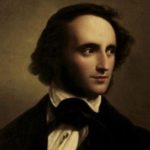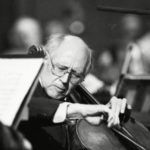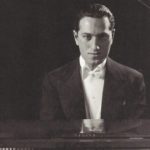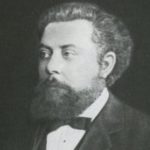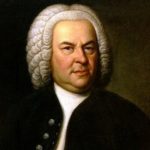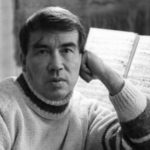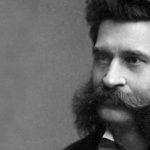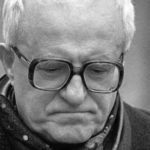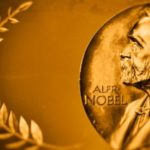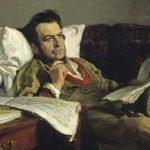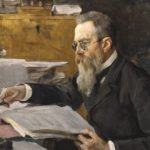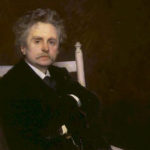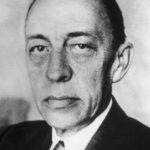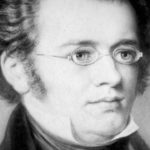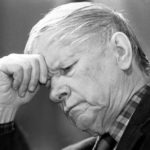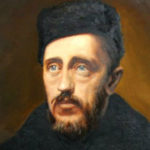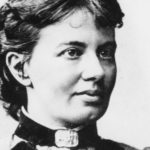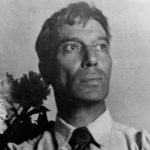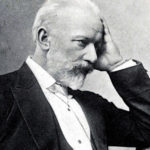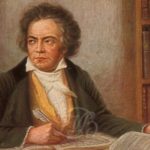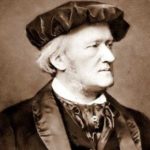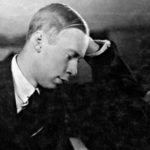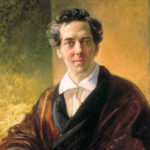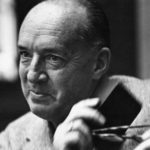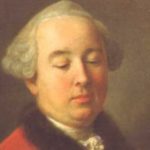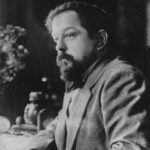15 interesting facts about Alfred Schnittke
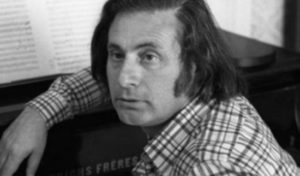 Composer Alfred Schnittke lived an amazing life. Despite the fact that he considered himself a Soviet man, his musical talent was revealed abroad. However, music has no boundaries, and now Schnittke’s works are performed in conservatories of various countries. But his political views, complementing his talent, made him very popular in the Soviet Union.
Composer Alfred Schnittke lived an amazing life. Despite the fact that he considered himself a Soviet man, his musical talent was revealed abroad. However, music has no boundaries, and now Schnittke’s works are performed in conservatories of various countries. But his political views, complementing his talent, made him very popular in the Soviet Union.
He had a mixed origin – Volga Germans on the one hand, and Jews on the other.
Alfred Schnittke’s parents in the family spoke in German, and not in Russian, so it was German that became his first language. He learned Russian a little later.
Alfred Schnittke has been married twice in his life.
The music of his composition sounds in more than 30 Soviet films.
Alfred Schnittke composed the first work for the first Soviet musical synthesizer.
When in 1990 the composer was going to present the honorary Lenin Prize, he refused it for his personal reasons.
At the end of the 40s, Alfred Schnittke’s father went to work in Austria, taking his son with him. It was there, in Vienna, the birthplace of world-famous composers, that young Alfred first began making music.
The Soviet authorities were friendly towards A. Schnittke, despite the fact that he never broke ties with Germany and Austria. Others would not be forgiven in that era, but he was in good standing with the ruling party.
The Philharmonic in the city of Saratov bears the name of A. Schnittke.
In adulthood, Alfred Schnittke spoke in German with his father, and in Russian with his mother.
The composer was an honorary member of the Royal Swedish Academy of Music.
Over his life, A. Schnittke composed many dozens of magnificent works, including a dozen symphonies, three ballets and four operas.
In 1990, A. Schnittke moved to Germany, where until the end of his life he was engaged in teaching at the Higher School of Music in Hamburg.
After his death in Germany, the body of the great composer was transported to Moscow, where he was buried.
Four documentaries have already been shot about Schnittke’s life. Very interesting, by the way.
